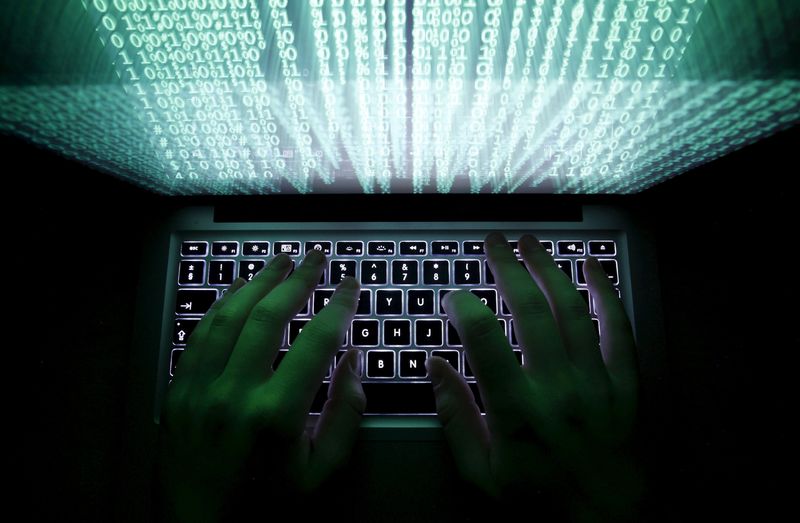By Michael Martina
BEIJING (Reuters) - China's legislature adopted a sweeping national security law on Wednesday that covers everything from territorial sovereignty to measures to tighten cyber security, a move likely to rile foreign businesses.
A core component of the law, passed by the standing committee of the National People's Congress (NPC), is to make all key network infrastructure and information systems "secure and controllable".
President Xi Jinping has said China's security covers areas including politics, culture, the military, the economy, technology and the environment.
But foreign business groups and diplomats have argued that the law is vague and fear it could require that technology firms make products in China or use source code released to inspectors, forcing them to expose intellectual property.
Zheng Shuna, vice chairwoman of the Legislative Affairs Commission of the NPC standing committee, downplayed those concerns, saying China welcomes "all countries' businesses to operate in China and provide legitimate services according to law".
"We will continue to follow the path of peaceful development but we absolutely will not give up our legitimate rights and absolutely will not sacrifice the country's core interests," she said at a briefing.
The security of territorial seas and airspace is among those core interests, which, according to the legislation, China will take "all necessary measures" to safeguard.
The law, which comes amid tensions with neighbors over disputes in the South China and East China Seas, passed through the NPC standing committee, the top body of China's rubber stamp parliament, by a vote of 154 to zero, with one abstention.
'GROWING INFLUENCE OF HARDLINERS'
The national security law is part of a raft of government legislation - including laws on anti-terrorism, cyber security and foreign non-government organizations - that have drawn criticism from foreign governments, business and civil society groups.
Those policies, many of which have cyber security components, have emerged after former National Security Agency contractor Edward Snowden disclosed that U.S. spy agencies planted code in American tech exports to snoop on overseas targets.
"The fact that these different pieces of legislation are all moving forward in tandem indicates the seriousness of Beijing's commitment as well as the growing influence of hardliners shaping China's technology policy agenda," Samm Sacks, an analyst at U.S.-based consulting firm Eurasia Group, said in an emailed statement.
Critics have argued that the extensive nature of the law, which covers everything from China's deep sea and space assets to "harmful cultural influences", constitutes national security overreach.
Its passage also coincides with a crackdown on dissent, as the government has detained and jailed activists and blamed "foreign forces" for the pro-democracy protests in Hong Kong last year.
Hong Kong and Macau must "fulfill responsibilities to safeguard national security" according to the law, which also covers crimes of subversion and inciting rebellion. That reference could spark more fears of Beijing encroaching on Hong Kong's rule of law.
Britain returned Hong Kong to China in 1997 under a "one country, two systems" formula, with the promise of a high degree of autonomy. Unlike on the mainland, Hong Kong does not have laws criminalizing subversion of the state. Macau, a former Portuguese colony, returned to China in 1999.
Some seven months after Hong Kong police forcibly cleared pro-democracy protesters from the streets, tens of thousands of people were expected to rally for free elections on Wednesday as the city marks the 18th anniversary of its return to China.
